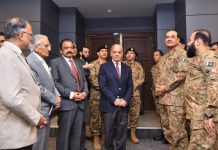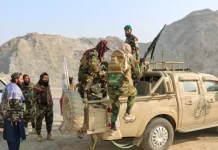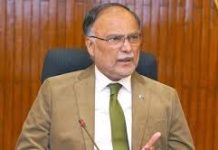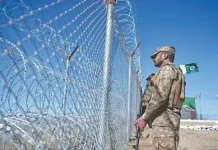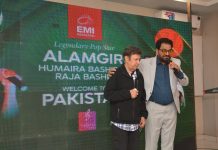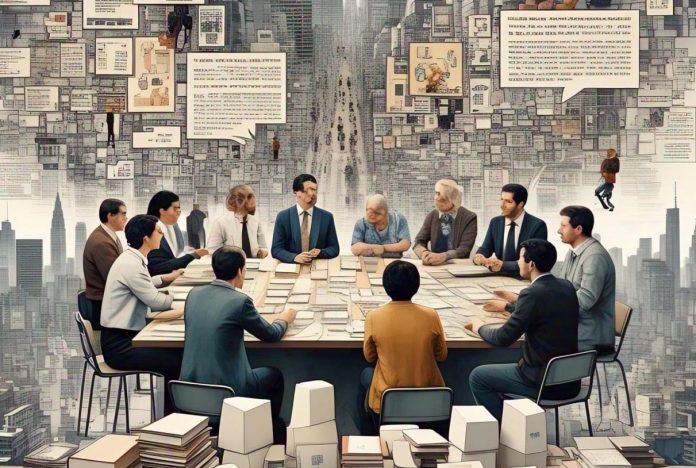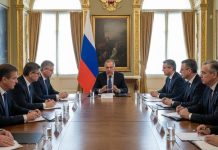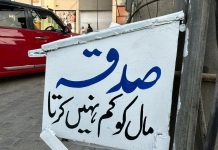
Written By Muhammad Zeb(Peshawar,City)
While traditional diplomacy focuses on formal negotiations and political agreements, a less tangible yet equally powerful force is quietly shaping international relations: cultural diplomacy. This “soft power” encompasses the exchange of ideas, values, and cultural expressions, fostering mutual understanding and building bridges between nations.
From music and art to cuisine and literature, cultural exchanges offer a unique window into the soul of a nation. They transcend linguistic barriers, fostering empathy and appreciation for diverse perspectives. By showcasing the best of their cultures to the world, nations can build positive images, attract tourists, and cultivate lasting friendships.
For example, Pakistan’s vibrant Sufi music, exquisite handicrafts, and renowned hospitality can serve as powerful tools of cultural diplomacy. By showcasing these unique cultural expressions on the international stage, Pakistan can not only enhance its global image but also foster deeper understanding and cooperation with other nations.
Furthermore, cultural diplomacy can play a crucial role in promoting peace and understanding in conflict zones. Through joint cultural initiatives, such as music festivals, art exhibitions, and educational exchanges, communities can bridge divides, foster dialogue, and build trust.
In today’s interconnected world, cultural diplomacy is not merely a matter of entertainment; it is a strategic tool for advancing national interests, promoting peace, and fostering a more interconnected and harmonious global community. By embracing the power of culture, nations can cultivate stronger relationships, build bridges of understanding, and create a more peaceful and prosperous world for all.

